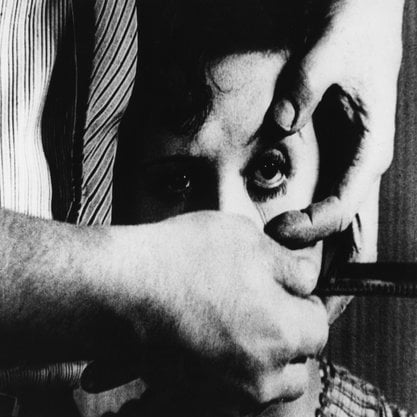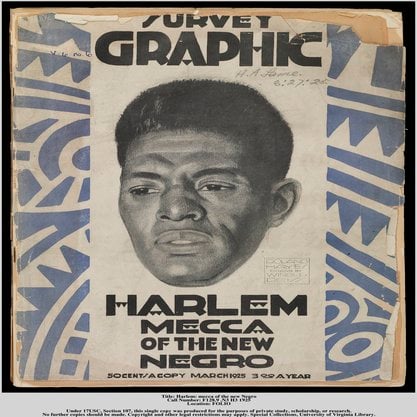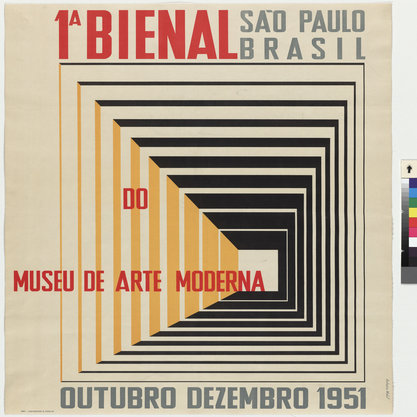Article
Documentary By Childress, Sarah
Article
Documentaries involve self-conscious reflections on modern life. Early newsreels and actualities displayed film’s capacity to document events and everyday life as they happened, leading viewers to believe ‘what you see is what there was’ and contributing to documentary’s association with fact and truth. The transition from document to documentary occurred when filmmakers like Robert Flaherty and Dziga Vertov expressed a perspective on what they recorded. This perspective became a way to persuade, especially in national documentaries and propaganda. After World War II, growing scepticism prompted filmmakers to pursue more immediate and spontaneous experiences and invite audiences to interpret material for themselves. Since then, documentaries have highlighted and examined conventions of representation and documentary theory and practice, a process resembling modernism’s questioning of knowledge, authority, and authorship.





